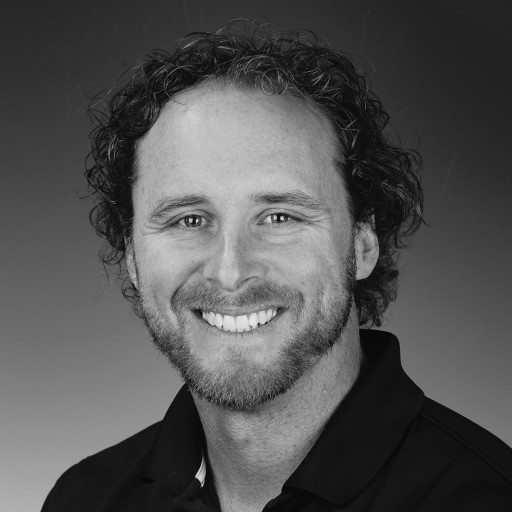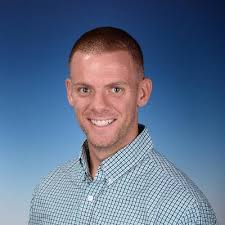November 5, 2015
WYC 061 – Mental Toughness – James Leath and Will Drumright talk Sports Psychology at the AASP


The Association for Applied Sport Psychology National meeting was a few weeks ago – so for Episode 61 we invited 2 sports psychology guys who attended to share with us some lessons learned.
James Leath has been a WYC guest previously in episodes 50 and 31. James’ first interview on the show, WYC Episode 31, was a huge hit and is the #1 downloaded episode all-time on the show.
Will Drumright is a sport psychology coach who work with Dr. Rob Bell, providing mental skills and performance psychology training to coaches, athletes, and teams. Will focuses on the high school and middle school athletes. Will is also a professional Ultimate Frisbee player and coaches the local high school Ultimate Frisbee team.
Sign up for James’ weekly Coach Notes: James Leath weekly Coach Note
Twitter: @jamesleath; @wcdrummy15
Listen Now:
Listen in ITunes: Itunes link
Listen in Stitcher: Stitcher link
What was the biggest ‘a-ha’ moment you had during the meeting?
James
HUGE IDEA #1
- Teach the human, not the athlete. Children are not mini-adults, they are children. If you don’t first build a relationship – then the gameplan you develop doesn’t matter. Tim Elmore quote from Generation iY book: ‘Great teachers build a relationship so strong that it can bear the weight of truth.’ If they understand that you have their best interest in mind, they will respond to and listen to coaching and constructive criticism.
- Love. What do you love about your sport? And as a coach I need to love my players for who they are, not for them to please me.
Will
- The athlete is a human first.
- Speak to athletes in a way that increases their intrinsic motivation
Were there any discussions on how sports psychology has changed over the past 10-15 years as our society and our society’s approach to youth sports is very different today vs. 10-15 years ago?
Will
HUGE IDEA #2
- The importance of providing resources to athletes so they can take care of themselves as individuals outside of athletics.
- Quote: ‘Sport doesn’t inherently build character, it just has the opportunity to do so.’- Dr. Greg Dale, Duke University
- Is your message slippery or sticky? Your message is only effective if it resonates with your athletes.
James
- ‘Culture eats strategy for lunch’ – Dr. Greg Dale, Duke University. One way to create culture – address the elephants in the room.
- You can’t coach the kids today the way you were coached growing up. There are too many other options and they will quit.
Learn any new routines for brushing-off mistakes?
Will
- Develop a flushing routine. It has to be unique, something that is meaningful to the individual athlete.
- Take a centering breath.
James
- It’s all about giving meaning to things. Shared terminology. James has worked out a ‘word’ that has meaning with his wife – if he says ‘I’m in a folder’ – it means ‘Hey honey, I love you, so great to hear from you, I can’t talk right now because I’m in the middle of something, I’ll call you as soon as I can.’
- ‘Great cultures have a ton of inside jokes’
What’s the best story or analogy you heard?
James
- Yoda on the back of Luke Skywalker – Justin Su’a. Coaches who fail are the ones who want the spotlight – instead coaches should want to have their students rise up and be stronger than their teacher.
Will
- Matts Stutzman – Holds world records for longest archery shot – and he was born without arms – ‘How do you become the best. Period. No excuses.’ His parents didn’t modify anything for him, they allowed him to struggle. And that’s what made him a champion. Failure is a key part of learning!
Hear any out-of-the-box approaches that you thought might have some validity?
Will
- Dr. Greg Dale, Duke University – ‘Are you effective when you are listening to 3 things at the same time?’ – Realize as a parent you are 1 of 3 voices the kids are hearing – so think about if you need to say anything while the athlete is playing a game
- Coaches need to spend more time on warm-ups. Spend time addressing all the different aspects of the game – the technical, the tactical, the mental.
James
- Do you say ‘My team’ or do you say ‘Our team’? Parents and coaches – give the experience back to the kids -it’s not about you. Great John O’Sullivan post about this:
